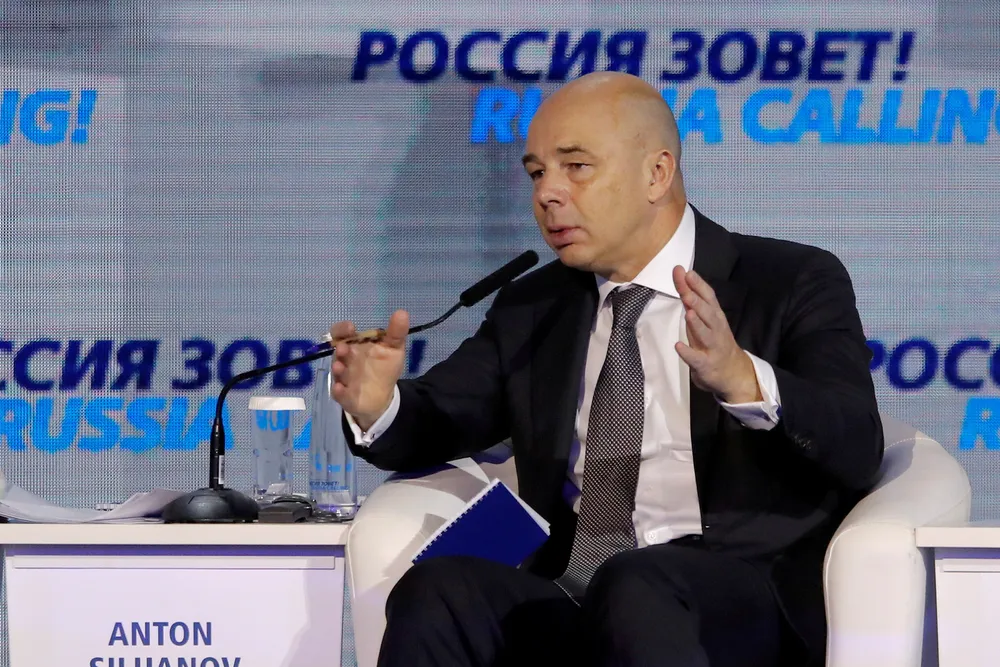State lifeline: Russia promises $12 billion to Baltic LNG project
Proposed by Gazprom and Rusgazdobycha, gas processing and LNG facilities in Ust-Luga lie about 3000 kilometres from their feedstock fields in West Siberia

Proposed by Gazprom and Rusgazdobycha, gas processing and LNG facilities in Ust-Luga lie about 3000 kilometres from their feedstock fields in West Siberia
